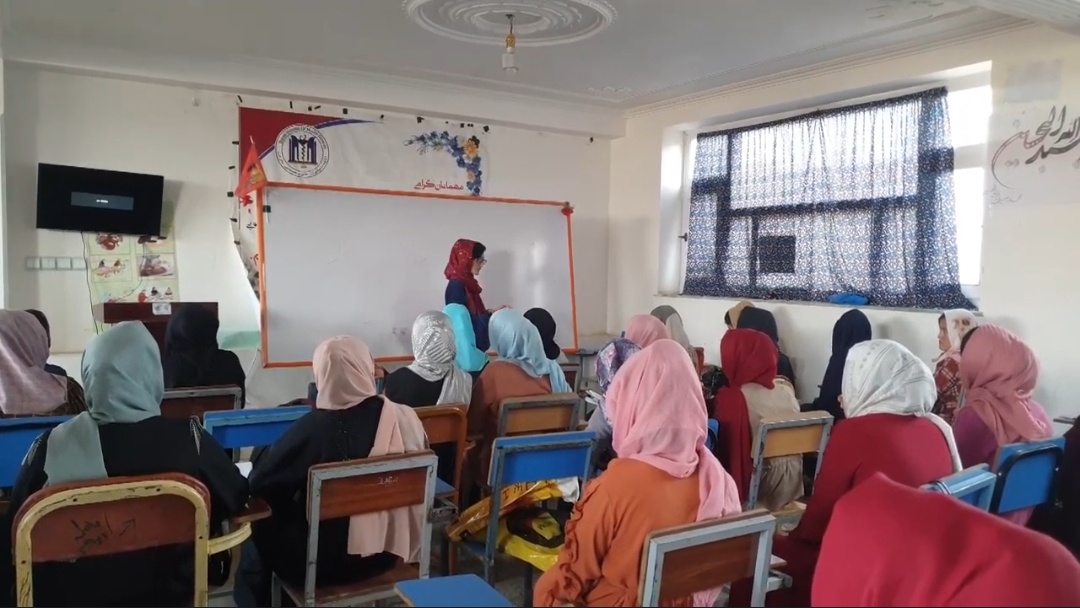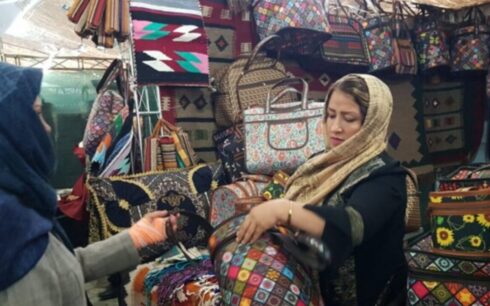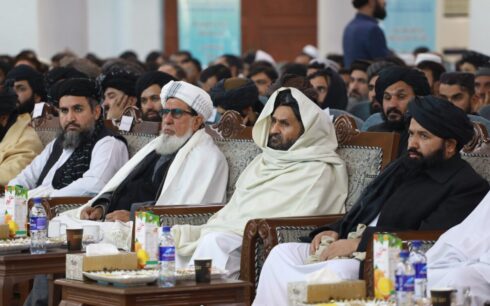Central Bamiyan province in Afghanistan has witnessed a significant rise in the number of female students opting for midwifery studies, driven by the aspiration for future job prospects.
The Bamiyan Health Institute has emerged as a focal point for these determined young women, marking a remarkable 50% surge in enrolment over the past year, with approximately 800 new students joining the ranks.
This trend underscores a notable shift towards vocational courses, as a considerable portion of these aspiring midwives were previously pursuing higher education in various fields at universities. Their educational paths were disrupted when the Taliban imposed restrictions on education for Afghan women and girls.
Officials at the Health Institute highlight that nearly half of the students enrolling in the institute’s vocational programs are former university attendees.
Nawid Muzafari, the head of Baran Health Institute in Bamiyan, urges a reconsideration of the prevailing restrictions: “Further societal constraints and limitations on educated individuals could lead to alienation and isolation. I implore all government officials, including the Taliban, to alleviate these restrictions.”
These circumstances have prompted these women to embrace alternative avenues for skills development and potential employment.
For some of these women, who had been engaged in diverse professions during the previous republic government, the shift to midwifery vocational programs represents a bid to secure alternative job opportunities.
Zahra Rezai, a former office worker, shares her experience: “I used to be employed at an office. When the government transitioned [in Afghanistan], I lost my job and have been unemployed since. I am now a student at Baran Health Institute, aiming to acquire health education. With the prohibition of women’s employment in other sectors, job opportunities lie in the healthcare field.”
Sharifa Nikzad, previously a third-year student at Bamyan University, faced the abrupt closure of universities enforced by the Taliban.
Faced with this disruption, she decided to pivot her education towards vocational training, ensuring her continued learning journey.
The Taliban’s decree barring female students from attending universities and participating in significant examinations, such as the Kankor exam (the national university entrance exam) in 1402 solar year (2023), has left many young women in search of alternative paths for education and skills enhancement.
In a move on 20 December 2022, the Taliban imposed restrictions on Afghanistan women and girls, prohibiting them from pursuing higher education and from taking the university entrance exams this year.





